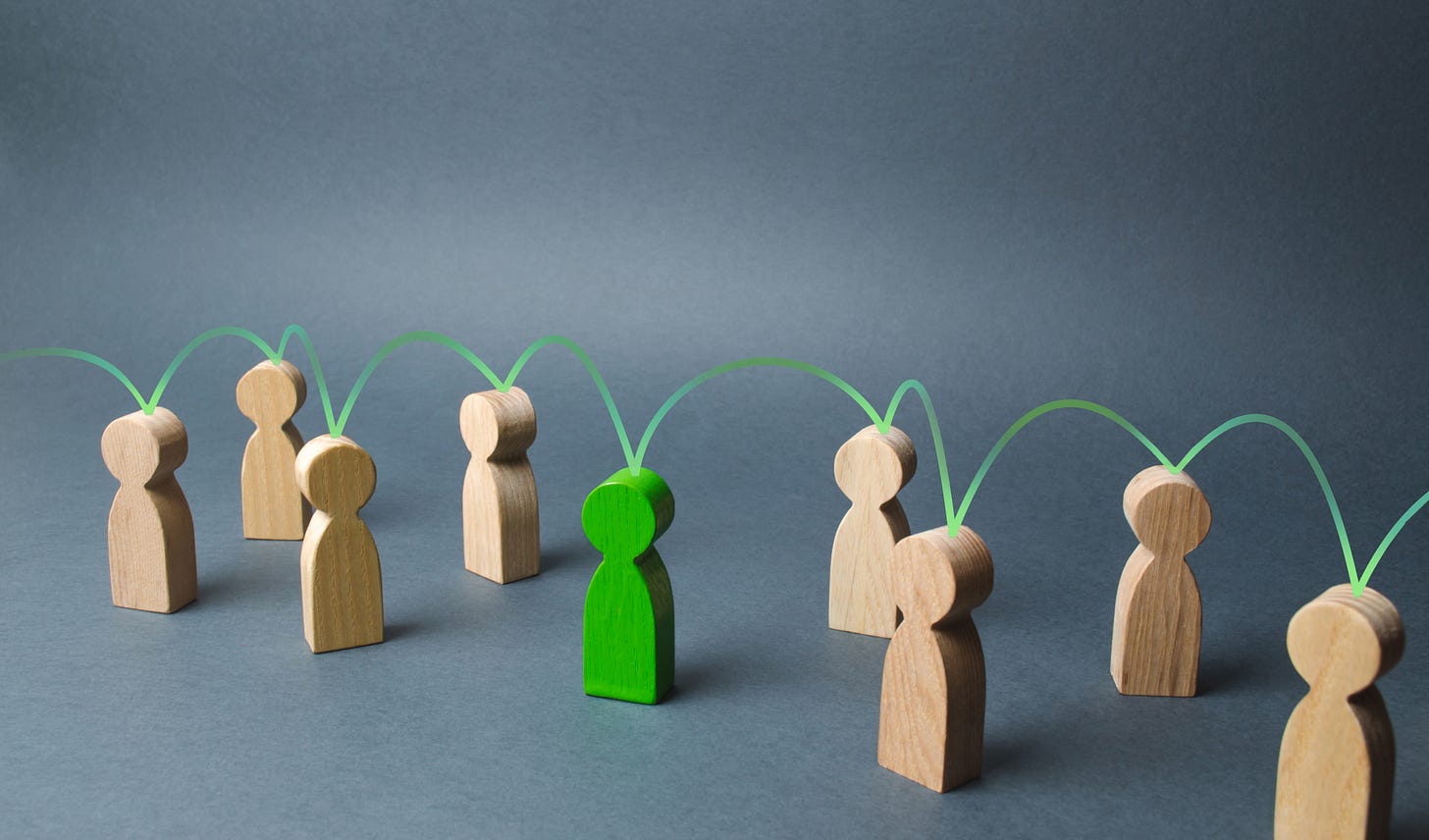Procurement's strategic role in sustainability
Procurement has a strategic role in building sustainable supply networks. According to research [1,2,3] from Veronica H. Villena and Dennis A. Gioia at Penn State, many multinational corporations—even those considered “sustainability leaders” in their industry—struggle to cascade sustainability practices beyond their direct (tier one) suppliers.
To address this challenge they identify a number of direct, indirect, collective, and global strategies corporations can use to promote their supplier’s social and environmental responsibility (CSR) such as providing training and incentives to suppliers for sustainability practices. [1]
They also find a number of critical areas for improvement including providing better sustainability training and incentives for their procurement officers, considering social and environmental criteria when pre-approving lower-tier suppliers, and engaging their supplier’s procurement personnel in sustainability initiatives. [1]
All of the 52 procurement employees we interviewed (at MNCs and at suppliers) said they needed more training to properly pursue supplier sustainability on behalf of their firms. [1]
References
[1] Villena, V. H., & Gioia, D. A. (2020). A More Sustainable Supply Chain. Harvard Business Review, March-April 2020. https://hbr.org/2020/03/a-more-sustainable-supply-chain
[2] Villena, V. H. (2018). The Missing Link? The Strategic Role of Procurement in Building Sustainable Supply Networks. Production and Operations Management, 28(5), 1149–1172. http://doi.org/10.1111/poms.12980
[3] Villena, V. H., & Gioia, D. A. (2018). On the riskiness of lower-tier suppliers_ Managing sustainability in supply networks. Journal of Operations Management, 64(1), 65–87. http://doi.org/10.1016/j.jom.2018.09.004




